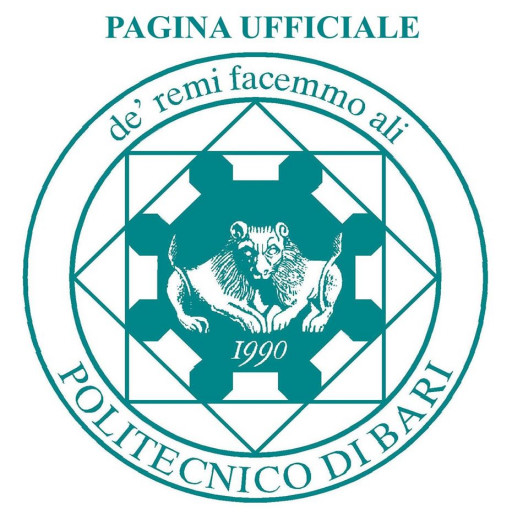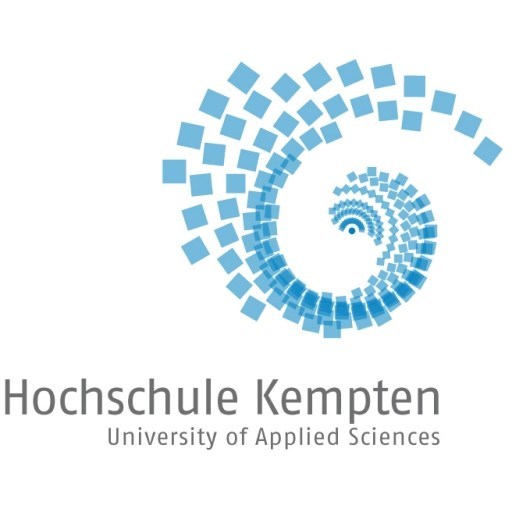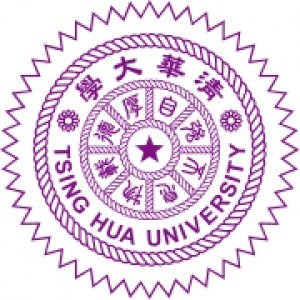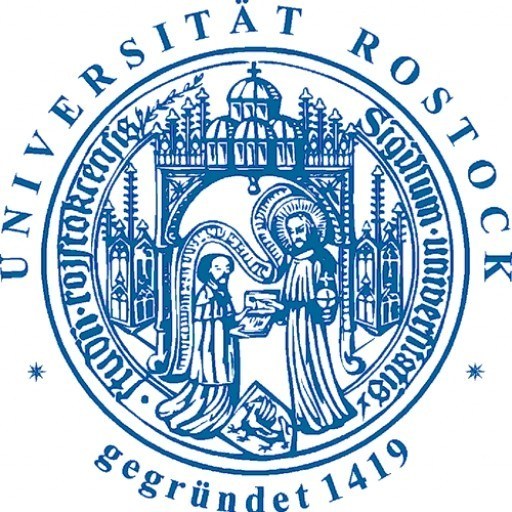Photos of university / #uow
Electrial Power Engineering at the University of Wollongong is a comprehensive undergraduate program designed to prepare students for the dynamic and evolving energy sector. This degree provides a strong foundation in electrical engineering principles with a specialized focus on power systems, renewable energy sources, electrical machinery, and power electronic devices. Throughout the course, students gain practical skills in designing, analyzing, and managing electrical power networks, ensuring reliable and efficient delivery of electricity. The curriculum incorporates both theoretical knowledge and hands-on experience through laboratory work, industry projects, and internships, fostering a deep understanding of real-world applications. Students will explore critical topics such as power generation, transmission, distribution, and smart grid technologies, preparing them to address contemporary challenges in sustainable energy and grid modernization. The program emphasizes innovation and research, encouraging students to develop solutions for renewable energy integration, energy storage, and advanced control systems. With access to state-of-the-art laboratories and industry partnerships, graduates will be well-equipped to pursue careers in utility companies, renewable energy firms, consulting agencies, and government agencies involved in energy policy and infrastructure development. Additionally, the program offers pathways for further study and research in electrical power engineering, aiming to cultivate future leaders in sustainable energy practices. The University of Wollongong’s commitment to industry engagement and excellence in teaching ensures that students are not only academically prepared but also industry-ready, capable of contributing positively to the global energy landscape.
Electrical Power Engineering at the University of Wollongong offers a comprehensive and rigorous curriculum designed to equip students with the fundamental knowledge and practical skills necessary to excel in the energy sector. The program covers a wide range of topics including electrical circuit theory, power systems analysis, renewable energy technologies, electrical machines, and digital signal processing. Students will gain a solid understanding of the principles of electrical power generation, transmission, and distribution, as well as emerging technologies such as smart grids and sustainable energy solutions. The curriculum emphasizes hands-on learning through laboratory work, industry projects, and internships, enabling students to apply theoretical concepts to real-world challenges faced by modern power systems. Throughout the program, students will develop critical skills in electrical design, system analysis, and project management, preparing them for careers in electrical utilities, renewable energy companies, equipment manufacturing, or research institutions. The program also includes opportunities for specialization in areas such as renewable energy engineering, power system analysis, or electrical machines. By the end of the degree, graduates will be equipped to contribute to the development of innovative solutions for efficient and sustainable power systems and will be prepared to pursue further research or professional accreditation. The university's strong links with industry and emphasis on practical experience ensure that students are well-prepared for the evolving demands of the electrical power sector.
- An recognised Bachelor of Engineering degree specialising in Electric Engineering Given with Honours Class 2, Division 11
- or Even a Graduate Certification in Electric Power Engineering. Other tertiary qualifications, together with relevant specialist experience over a period of two years, might also be considered. Applicants must also include a CV offering a brief accounts of these work history up to now.
The University of Wollongong offers various financing options for students enrolled in the Electrical Power Engineering program. Domestic students can access a range of government-funded assistance schemes, including HECS-HELP, which allows eligible students to defer their tuition fees through income-contingent loans. Additionally, students may qualify for Austudy or Youth Allowance, providing financial support based on their circumstances. For international students, the university provides transparent fee structures, with options for payment plans and scholarships to help manage the costs associated with studying this engineering discipline. The university also encourages students to explore external scholarship opportunities offered by industry partners, government agencies, and private foundations, which can substantially offset the cost of education. In terms of payment methods, students can typically pay tuition fees via bank transfer, credit card, or online payment portals provided by the university. Some students may also access financial assistance through bank loans, depending on their home country’s banking arrangements and eligibility criteria. The university’s financial aid office offers extensive advising services to help students understand the full scope of funding opportunities available to them, including application procedures and eligibility requirements. Moreover, students are advised to consider living expenses, accommodation costs, and study materials when planning their finances for the duration of their studies. The university periodically reviews its fee policies and scholarship offerings to ensure they are competitive and accessible, aiming to support a diverse student body. Overall, the University of Wollongong strives to provide comprehensive financial support and flexible payment options to enable students to focus on their academic pursuits in Electrical Power Engineering without undue financial burden.
The Bachelor of Engineering (Honours) in Electrical Power Engineering at the University of Wollongong is a comprehensive program designed to equip students with the fundamental knowledge and practical skills necessary to excel in the fields of electrical power systems, renewable energy, and sustainable electrical infrastructure. This degree provides a strong foundation in electrical engineering principles, including circuit analysis, power system design, control systems, and renewable energy technologies, preparing graduates for a wide range of career opportunities in industry, research, and development.
The curriculum integrates theoretical coursework with hands-on practical experience, including laboratory work, project-based learning, and industry placements, fostering a real-world understanding of electrical power engineering applications. Students have opportunities to learn about smart grids, electrical machines, power electronics, and energy management systems, along with emerging technologies like wind and solar power integration. The program emphasizes sustainability and innovation, encouraging students to develop solutions that meet global energy challenges.
The degree typically takes four years to complete when undertaken full-time, with options for specializations or electives in areas such as renewable energy or electrical systems. Students are supported by dedicated academic staff, industry partnerships, and access to state-of-the-art laboratories and research facilities. The program also aims to develop important skills such as critical thinking, problem-solving, communication, and teamwork, preparing graduates for leadership roles in electrical power engineering sectors.
Graduates of this program are well-qualified for employment in power generation companies, transmission and distribution utilities, renewable energy firms, government agencies, consulting firms, and research institutions. They may work on designing, maintaining, and improving electrical power systems, promoting energy efficiency, and implementing new technologies to address sustainability goals. The University of Wollongong's emphasis on practical learning and industry engagement ensures that students are ready to meet the evolving demands of the electrical power engineering industry.
In addition to technical skills, students gain awareness of professional and ethical responsibilities, safety standards, and environmental considerations relevant to electrical power engineering. The program also encourages lifelong learning and continuous professional development, helping graduates stay current with technological advances and industry trends. Overall, this degree aims to produce innovative, competent, and socially responsible electrical power engineers who can contribute effectively to sustainable energy solutions worldwide.










